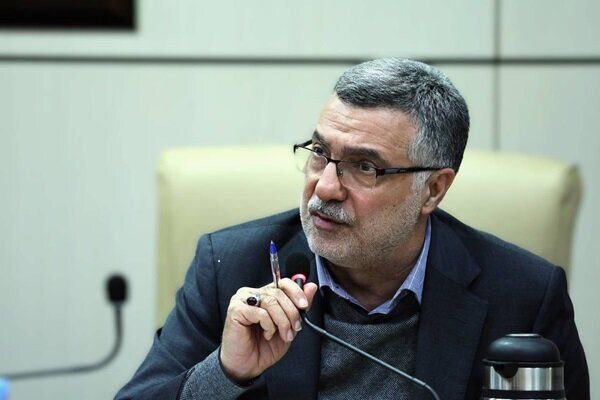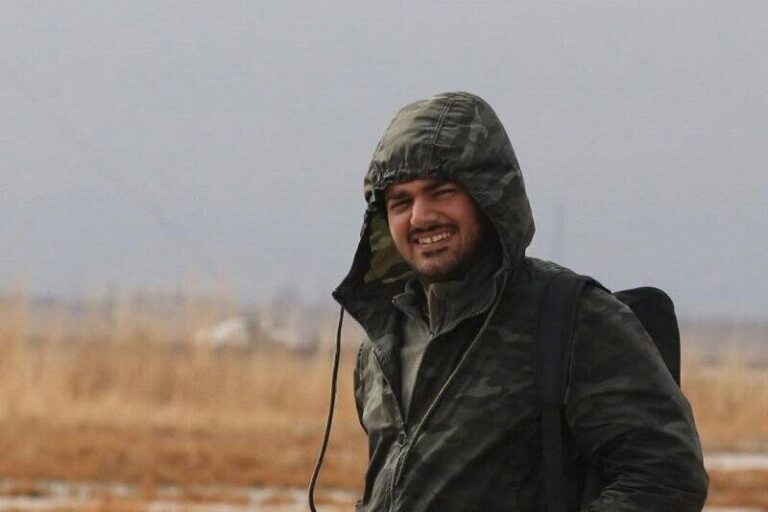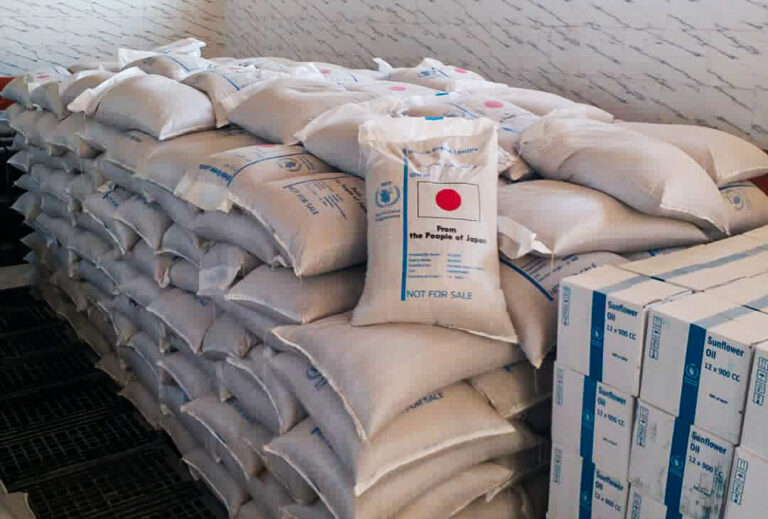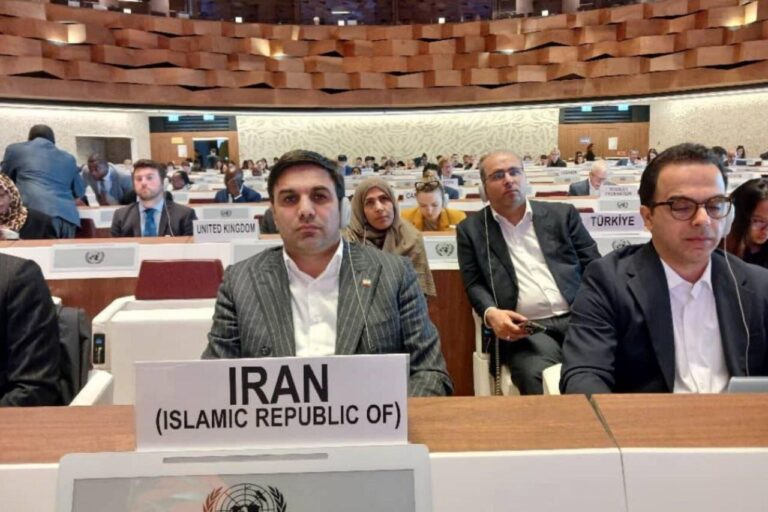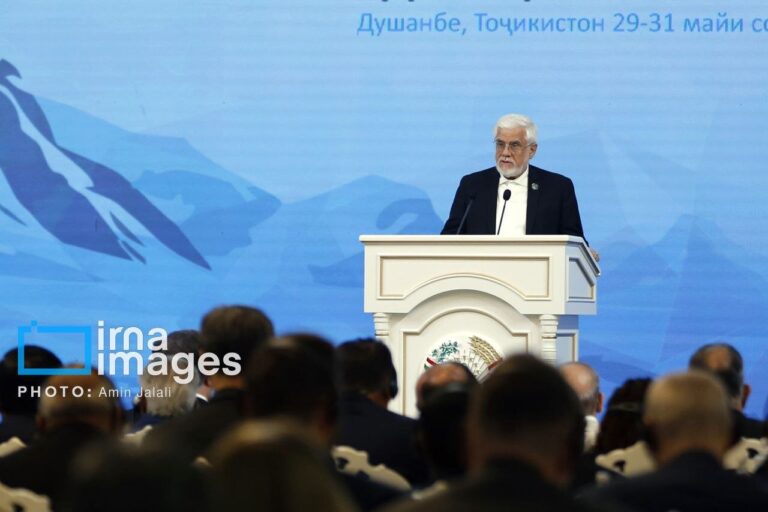Tashkent Strengthens Collaboration with Sharif University of Technology to Enhance Educational Ties
In a significant move to strengthen international educational collaboration, Daliv Shahrukh Khozhakbarovich, Uzbekistan’s First Deputy Minister of Higher Education, Science and Innovation, has advocated for enhanced partnerships between Sharif University of Technology and leading universities in Uzbekistan. This meeting, held on April 22, marks a pivotal moment in fostering academic exchanges and technological advancements.
During the meeting with Seyyed Abbas Mousavi, the chancellor of Sharif University of Technology, both officials underscored the importance of sharing expertise and resources. A memorandum of understanding was signed, aiming to pave the way for the establishment of a Sharif University of Technology branch in Tashkent, alongside a focus on developing a science and technology park.
Earlier, on April 19, Khozhakbarovich engaged with Farhad Yazdandoost, the head of the Ministry of Science, Research and Technology, emphasizing the necessity for Iranian universities and scientific institutions to contribute to Uzbekistan’s technological and innovative landscape. He remarked that direct interactions among scientific officials yield more impactful results than traditional diplomatic channels.
Key points discussed during the meetings included:
- Collaboration on Scientific and Technological Efforts: The officials explored the potential for enhancing scientific and technological partnerships between the two countries.
- Expertise Sharing: Emphasis was placed on sharing knowledge and resources among universities.
- Joint Funding: Potential for collaborative funding in technological projects was also highlighted.
Yazdandoost elaborated on Iran’s significant scientific advancements since the Islamic Revolution in 1979, noting that over sixty science and technology parks operate under the Ministry of Science, Research and Technology. He stated, “We’re also planning to attract some 300,000 foreign students in a five-year plan.”
Additionally, the cooperation framework includes:
- Conducting joint research projects.
- Exchanging students and faculty members.
- Organizing joint sports events for students.
Yazdandoost also extended an invitation to Uzbekistan’s minister of science to participate in the upcoming second ministerial meeting of the Organization of Islamic Cooperation (OIC)–15 Dialogue Platform, set to be hosted in Tehran.
Enhancing Ties in Health, Education, and Technology
In a broader context, Uzbekistan has shown a keen interest in expanding cooperation with Iran across various sectors, including health, education, and technology. In a meeting held on November 6, 2024, the head of the Organization for the Development of International Cooperation in Science and Technology, Hossein Roozbeh, and Uzbekistan’s vice president for the development of international cooperation, Fazliddin Muminov, engaged in discussions to strengthen scientific collaborations.
The focal points of their discussions included:
- Expanding collaborations in science and technology.
- Exchanging students and professors to enhance educational ties.
- Promoting partnerships among knowledge-based companies.
- Participating in scientific and technological events, such as exhibitions.
- Holding joint seminars, meetings, and symposiums.
Recognizing Iran’s robust capabilities in science and technology, the Uzbek official noted, “Iran is a powerful and prominent country in the region with high and strategic capabilities in knowledge and technology.” The integration of Iran’s advancements with Uzbekistan’s potential can lead to substantial progress for both nations.
Roozbeh also highlighted the historical and cultural connections shared between Iran and Uzbekistan, which provide a solid foundation for fostering educational and technological collaboration. He expressed optimism about the mutual benefits that can arise from collaborative efforts in education, technology transfer, and equipment sharing.
In conclusion, the ongoing dialogues and agreements between Uzbekistan and Iran signify a promising future for educational and technological advancements. As both nations work towards enhancing their cooperation, the potential for growth in various sectors remains vast, paving the way for a more integrated and innovative regional landscape.

